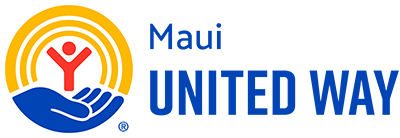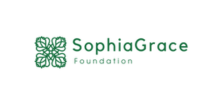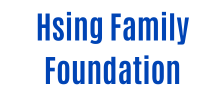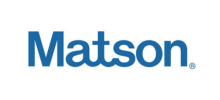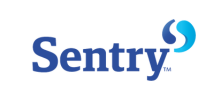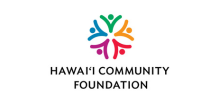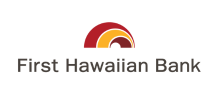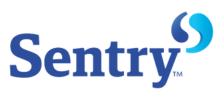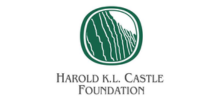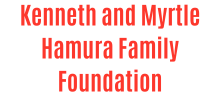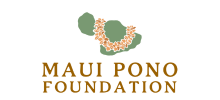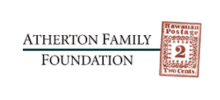
Maui United Way recognizes contact with Europeans in 1778, the Overthrow of the Hawaiian Monarchy in 1893, the loss of Hawaiian language and voice in 1896, statehood in 1959, and the ongoing trauma experienced by the host peoples—Native Hawaiians—serve as a steady backdrop for the painful inequities that persist in our state. Prior to European contact, aloha served as the foundation for a sharing economy that emphasized not what you were getting but what you could give to your community. Pre-contact Hawaiians prioritized a reciprocal relationship with their human and non-human community, recognizing that caring for others was the equivalent of caring for self.
The ongoing occupation of Hawai'i by dehumanizing forces—individualism, bigotry, discrimination, ableism, and bias—makes achieving diversity, equity, and inclusion extremely difficult. At the same time, there is much hope for Hawai'i as our host culture holds the keys to a just, thriving, and equitable society if only we are brave enough to heal the trauma of colonization and put aloha at the center of our lives again. With aloha at the center, we can live in communities where race, ethnicity, national origin, gender, gender identity, sexual orientation, class, disability status, geography, age, and all other identities are embraced as assets that help to create beautiful contributions for the good of our communities.
Our work at Maui United Way puts aloha at the center of our work. In the words of Queen Lili'uokalani, we hone our abilities to “hear what is not said, to see what cannot be seen, and to know the unknowable” and dig into the work of dismantling of the systems that prevent 'Aina and all people from being their best. This requires bravery, self-sacrifice, and a real investment in healing trauma from our colonized past and present. We recognize that all Hawai'i residents have been negatively impacted by colonialism, regardless of ethnicity, political affiliation, education, or socioeconomic status. Lifting one of us lifts all of us.
In order to bring the change we seek, we will deploy work that dismantles systems that hold inequity in place so that:
- Trust--not fear--is the foundation of our work, our decisions, and how we allocate resources
- We prioritize healing and preventing trauma to be a well-resourced society-wide endeavor
- Injustice is acknowledged and everyone works to set things right
- Diversity is embraced as an asset
- 'Aina is healthy and so are we
- Resources flow in all directions through a system of interdependence because the gap widens when resources accumulate with a select few
- Equity becomes a cornerstone of our culture, even if this takes a long time and makes people uncomfortable in the short term
To improve understanding of aloha, we turn to the teachings of Aunty Pilahi Paki:
A - Akahai - grace, kindness
L - Lokahi - unbroken, unified
O - Olu'olu - pleasant, gentleness
H - Ha'aha'a - humble, empty
A - Ahonui - patient, waiting for the moment
ALOHA Chant composed by Pilahi Paki
